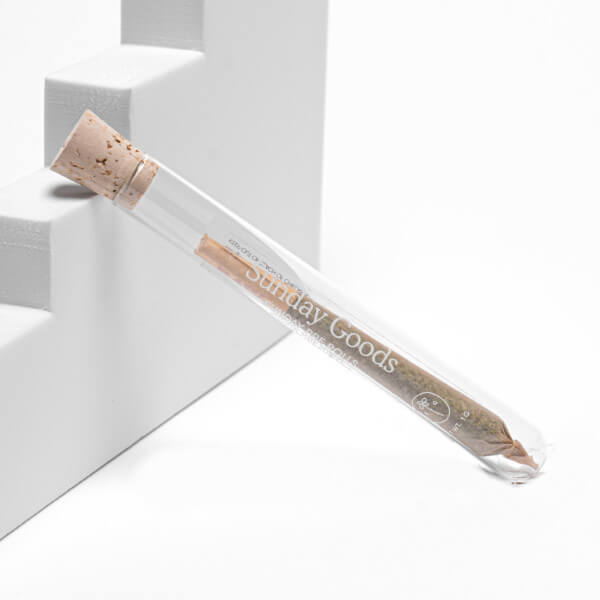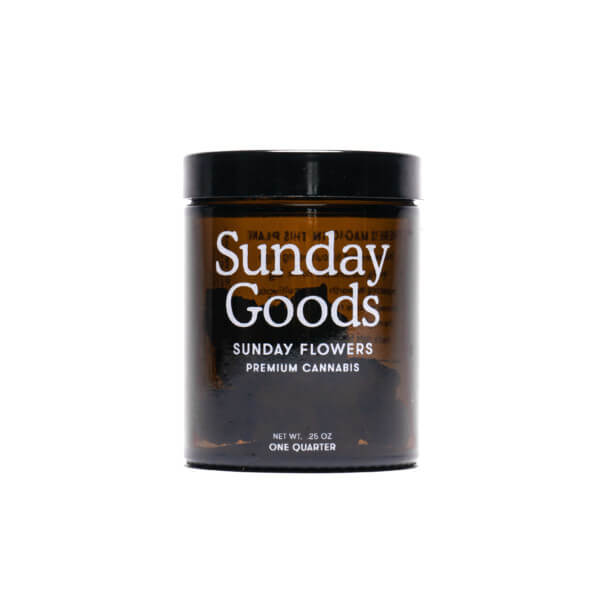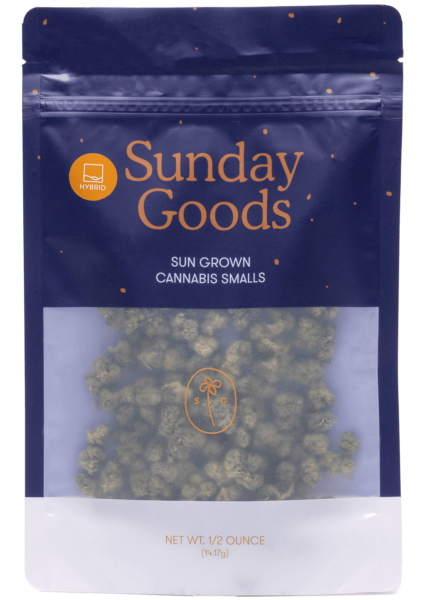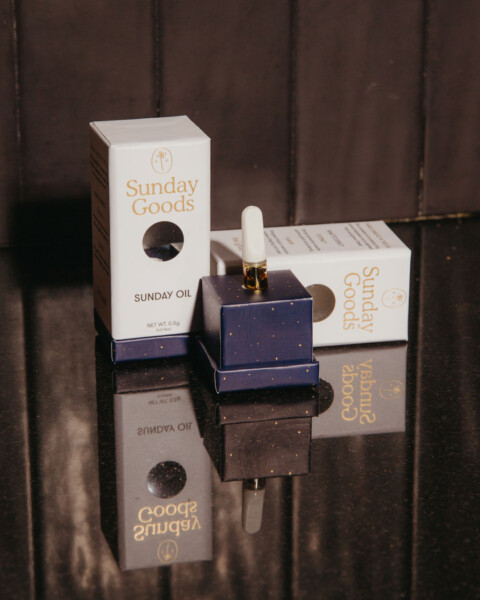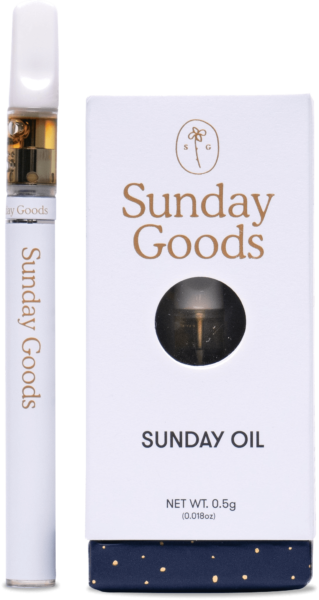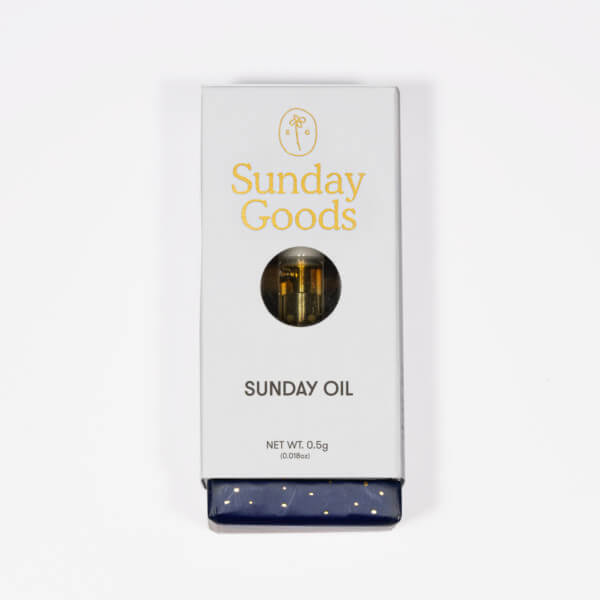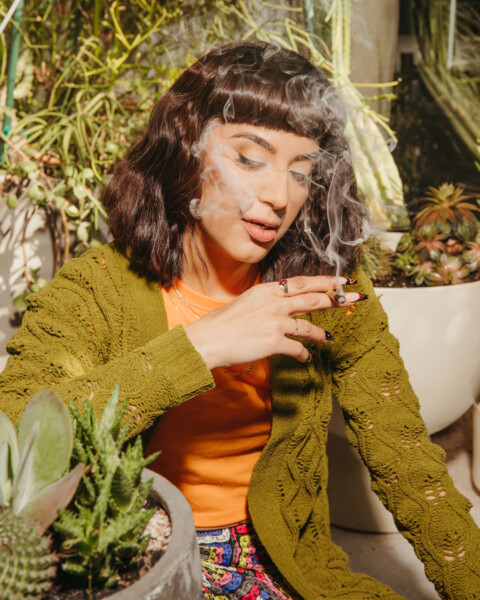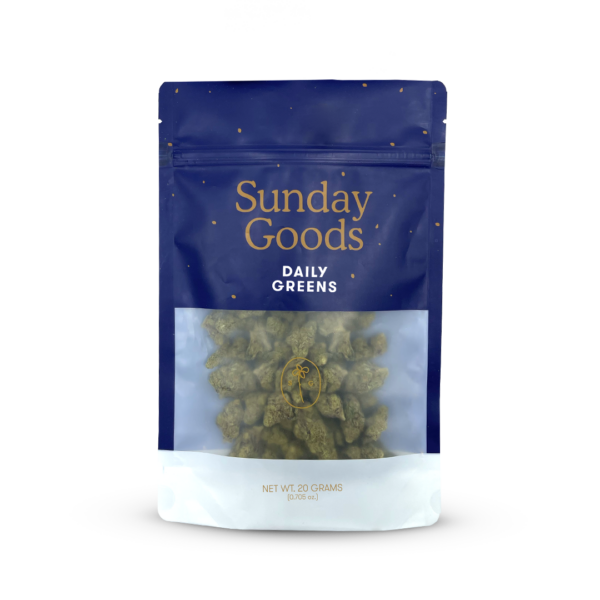







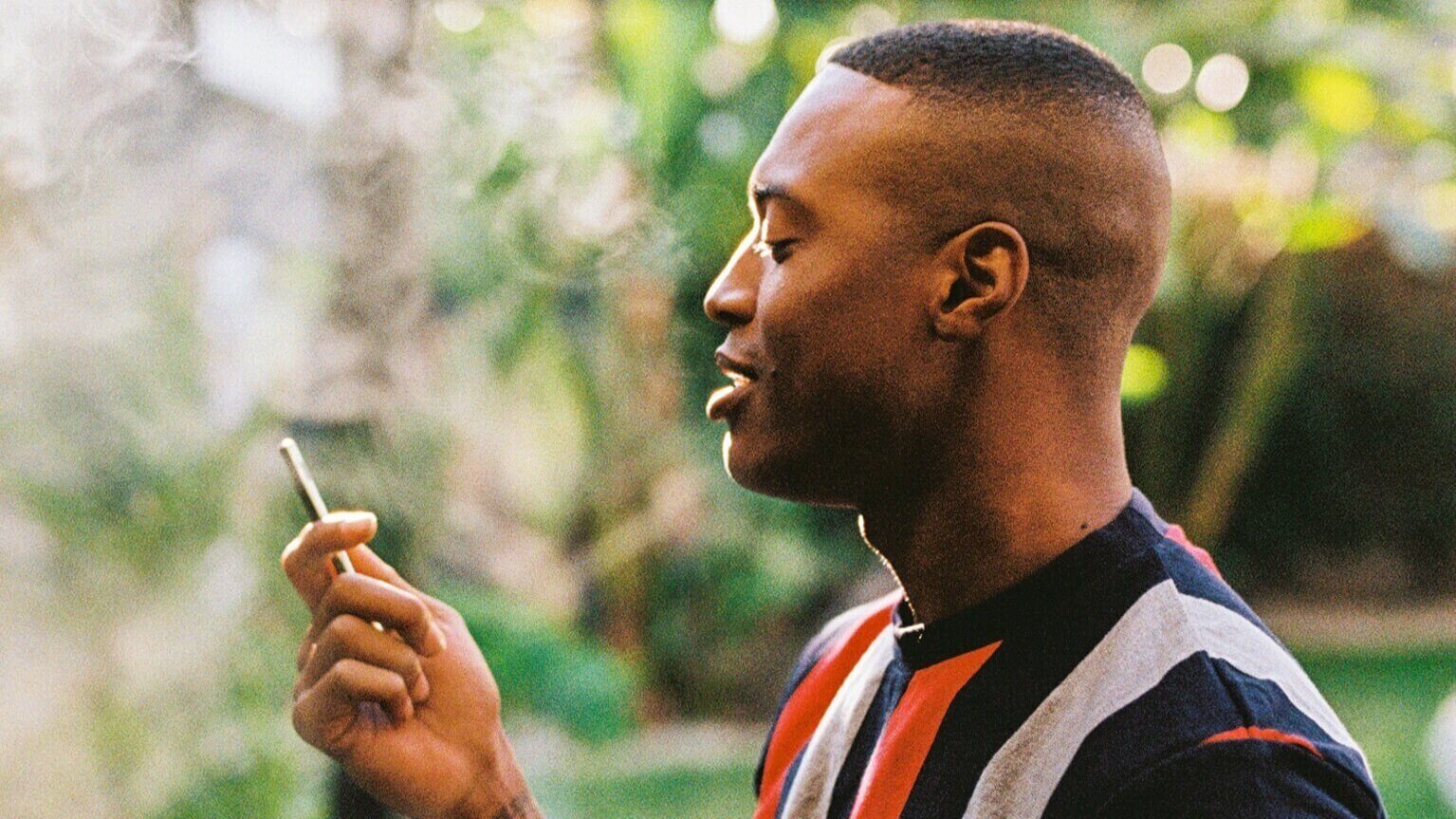
Cannabis
Social Impact
Juneteenth and the History of Cannabis
manufactur - June 19, 2020
It was on this day, June 19th, in 1865 that federal troops arrived in Galveston, Texas to ensure that all enslaved people be freed, two and a half years after President Lincoln’s Emancipation Proclamation. Given the history of racism and inequality within cannabis, we wanted to take today to reflect on the history of cannabis in America, and how we can help pave a way forward.
Pre-Prohibition: 1600s – 1800s
The Jamestown settlers brought hemp to North America in 1611, and throughout the colonial period, hemp fiber was an important export. During the 17th century, all American colonies were required to grow hemp as it was one of the most predominant industrious materials in the world, even George Washington and Thomas Jefferson were known to have grown hemp.
By 1850, cannabis made its way into the US Pharmacopeia, which listed the plant as a treatment for numerous ailments including tetanus, rabies, alcoholism and opiate addiction, just to name a few. The hemp industry was undoubtedly flourishing, although it’s important to remember it was built through slave labor.
Propaganda and Prohibition: 1900 – 1940s
In the early 1900s, the public perception of cannabis began to shift as politicians joined forces with the cotton, steel, pharmaceutical, and tobacco industries. Propaganda was rife and shaped American’s views on cannabis forevermore. By 1931, 29 states passed anti-cannabis prohibition laws.
In 1936 the deceptive propaganda film Reefer Madness was released, depicting cannabis users as violent and deadly fiends. Other forms of media were quick to follow, selling falsehoods as truths and further heightening racial tensions. The word marijuana was used to make the plant sound “more Mexican”, supporting the anti-immigrant attitudes of the time.
The Black community was also targeted, fueling damaging stereotypes and racism linked to cannabis use. Propaganda instigated research that linked the use of cannabis with violence and crime, primarily committed by “racially inferior” or underclass communities.
The War on Drugs: 1960s – 1980s
President Nixon took office in 1969 and began withdrawing troops from Vietnam in his first term, which brought with it a new opioid crisis. This development led to Nixon reevaluating the drug policy in the United States, declaring drug abuse “public enemy number one”. Cannabis was quickly roped into categories with other drugs and was claimed to be more dangerous than cocaine, and on par with heroin.
After the Shafer commission filed a report in 1972 stating that cannabis should be decriminalized after determining that cannabis was far safer than other drugs. The report was rejected by Nixon. Strict prohibition laws continued to maintain power over disenfranchised communities.
The War on Drugs continued beyond Nixon’s resignation. In 1986, Reagan signed the Anti-Drug Abuse Act and in 1988 it was amended to be harsher and on a wider scale, including mandatory minimum sentencing for “a conspiracy to distribute drugs” and non-violent drug crimes. While vowing to protect children, the Reagan Administration was disproportionately throwing Black and Brown children into jail for cannabis-related crimes.
Cannabis propaganda continued, and the plant was now positioned as a gateway drug to crack and heroin, justifying harsh laws. There was a boom in the number of incarcerations. To this day, some are still serving life in prison without parole for a drug that is now legal in states throughout the US.
The Turn of the Century: 1990s – Today
In the 1990s pop culture brought cannabis to mainstream media for the first time thanks to music and film. We began to understand the wonders of the plant, and the medicinal uses for cannabis were further studied. The HIV Aids crisis is the reason we have medicinally legal cannabis today, as treatment options were limited and cannabis could provide relief to those suffering. In 1992 the nation’s first public dispensary opened in San Francisco, making history. The momentum from California made its way across to Arizona next, becoming legal for medicinal uses on a state-by-state basis.
The conversation around cannabis continued to grow and gain attention, with it becoming clear that the majority of Americans were eager for a path towards legalization. Currently, cannabis is legal in 11 states for recreational use and 33 states for medical use.
While the cannabis industry is seemingly making progress, we still have a long way to go. In 2018, 40% of drug arrests were for cannabis, most of which were only possession. That’s one cannabis arrest every 48 seconds. On average Black person is 3.73 times more likely than a white person to be arrested for cannabis, with some states being 6 times more likely, despite equal usage rates. A cannabis conviction doesn’t just mean jail time, it means creating serious ongoing psychological risks, breaking families apart, and losing the right to vote. Looking at the statistics, it’s clear that Black people are disproportionately targeted for cannabis-related charges. So, what can we do?
Hold Brands Accountable.
Initiatives such as Cannaclusive’s Accountability List have gained traction as ways to check if the brands you are supporting with your wallet are actively practicing corporate social responsibility.
Diversify.
If you are in a position to, make a commitment to hire and train more members of the BIPOC community. If you are not in a hiring position, make it known that you believe companies should be actively promoting more inclusive work environments.
Donate.
By backing your beliefs with cash, organizations can incite real change. No amount is too small to make a difference.
Champion Change.
Educate yourself and your community. Read books. Have difficult conversations with your family and friends. Most importantly, make sure your voice is heard by ensuring that you are registered to vote.
Here at Sunday Goods, our core values are respectful inclusivity, leadership by example, and integrity, all of which are linked to demanding justice for the BIPOC community. This is why we’ve chosen to support the Last Prisoner Project and their missions to release and expunge the records of those convicted of cannabis-related crimes. This is not the last that you’ve heard from us on this matter. As we continue to do the work internally, we will be sure to update our community on the actionable steps that we are personally taking as a brand to make cannabis a more inclusive industry.


